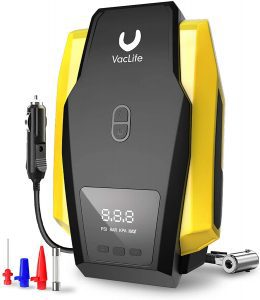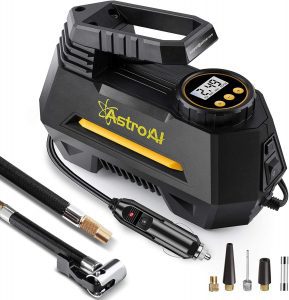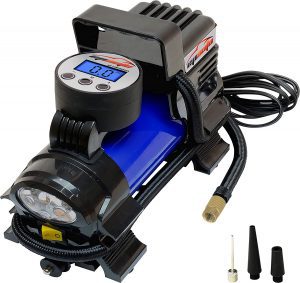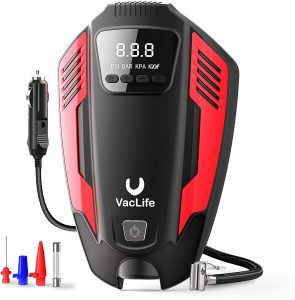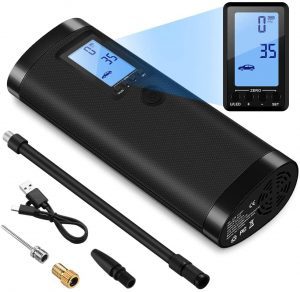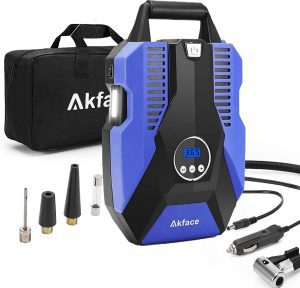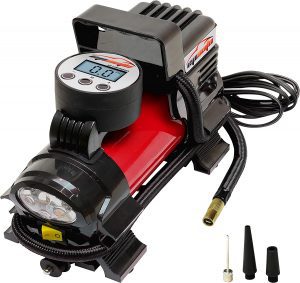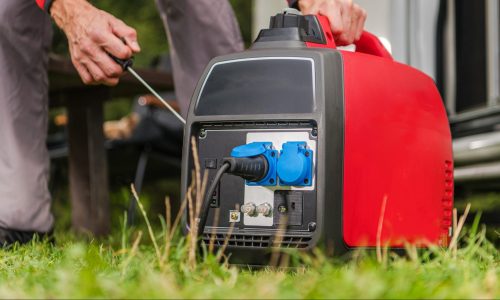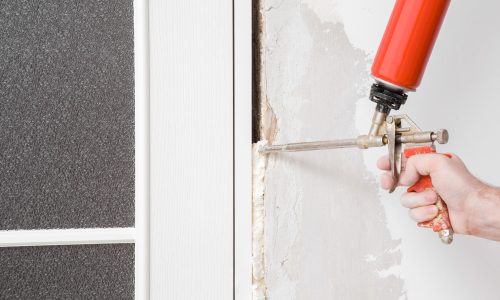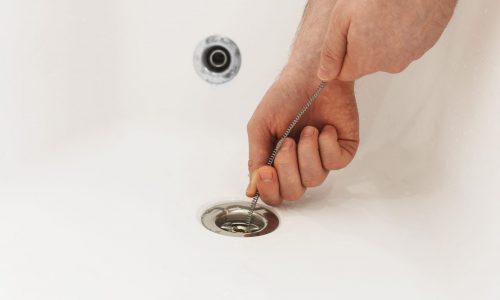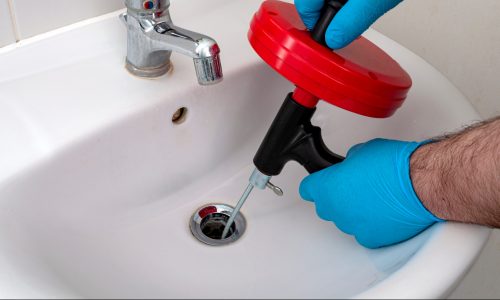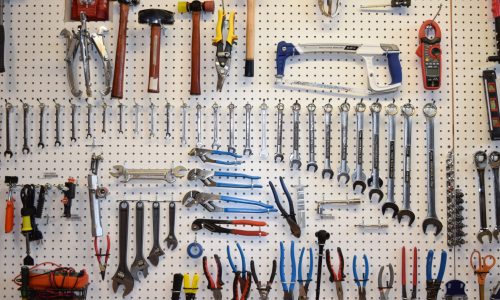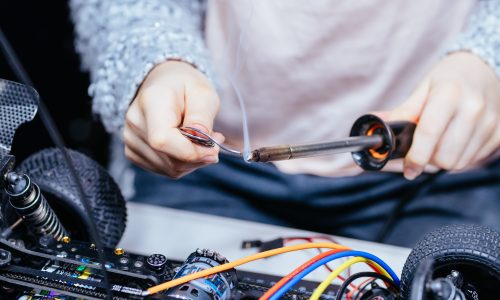The Best Tire Inflators
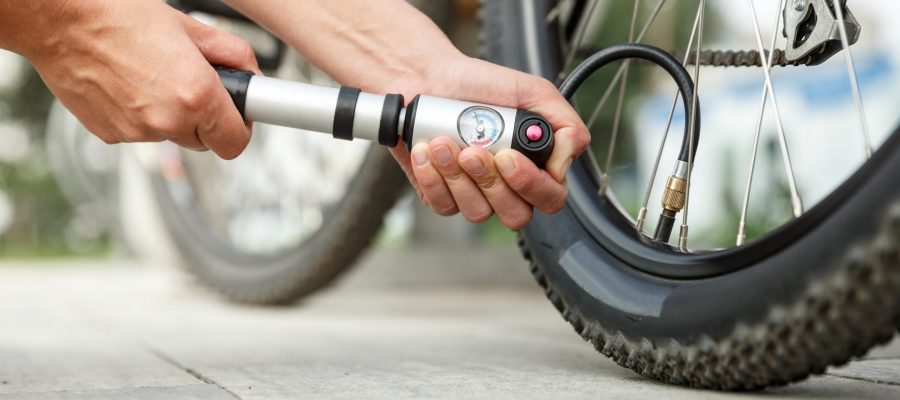
Our Review Process
Don't Waste Your Money is focused on helping you make the best purchasing decision. Our team of experts spends hundreds of hours analyzing, testing, and researching products so you don't have to. Learn more.
Our Picks For The Top Tire Inflators
- 1. VacLife Auto Shut-Off 12V Tire Inflators
- 2. AstroAI 100-PSI Portable Programmable Tire Inflators
- 3. EPAuto 12-Volt Portable Digital Tire Inflators
- 4. VacLife 12-Volt Portable LED Tire Inflators
- 5. VEEAPE 120-PSI Rechargeable Tire Inflators
- 6. Akface Fast-Inflating 12-Volt Tire Inflators
- 7. EPAuto Easy-Read Multi-Use Tire Inflators
The digital gauge makes tire inflation easy with this unit. Just set the tire pressure and the machine turns off once the number is reached. It works by way of a 12V converter and has extra nozzle attachments that fit a range of inflatable items.
Set and ForgetThis inflator's digital gauge keeps pressure consistent.
You can check your tire pressure and correct it swiftly with this device. Most low tires can be brought up to the correct pressure within a few minutes thanks to the powerful motor. If you have an emergency at night, the built-in light can be a lifesaver.
Quick and CompactThis handheld inflator packs a powerful motor.
The motor on this portable inflator is efficient in more ways than one. Not only can it quickly inflate most regular car tires, it operates with a quiet purr. The auto shut-off function ensures tires won't be over-inflated.
Silent, Efficient OperationThis high-tech inflator operates with minimal noise.
This inflator sports several extras that set it apart. There's a clip that attaches it to the wheel of most cars, and clip-on ties to keep your cord organized. As for the actual inflation, the digital gauge and automatic shut-off make it easy even for first-timers.
Handy Safety FeaturesThe design and operation of this unit are both rock solid.
Buying Guide
It’s a little unnerving to think that out of all the components of your car, one of the most essential is also the softest and most vulnerable. Lose inflation in one tire, and you’re sitting on the side of the road almost instantly.
If you’re not prepared, you’re either in for a tire change or a long wait for a tow truck. If you are prepared, you’ve got a portable tire inflator in your trunk. And even if that one time is the only time you use it, you’ll be mighty glad it’s there.
Tire inflators use compressed air to re-inflate flat car tires, and can even be used to fill up bike tires, beach balls or other items if they have the proper attachments. The key is to find the most reliable one for your budget, and that starts with efficiency. You can’t expect portable inflators to be as powerful as the full-size units you find at the gas station, but modern electric ones can put out a surprising amount of air pressure. Good ones will hit a maximum PSI (pound-force per square inch) of 100, which will bring a sagging tire up to spec in a few minutes. Less powerful models might take as much as an hour or more to revive a completely flat tire.
Most portable inflators are powered by a cord that attaches to your car’s cigarette lighter socket or AV plug, though some older types can connect directly to the car battery. (If you have the latter, use sparingly. These inflators can soak up a lot of power.) Make sure the cord is long enough so that you don’t have to struggle to reach your tires. You can also buy cordless models with a rechargeable battery, though you might sacrifice a little power for the convenience.
One great feature of the latest generation of tire inflators is the digital gauge. This will display the current PSI of the tire so that you can see when you’re ready to roll. (You can even use it periodically check your tire pressure, which is always a good idea.) Some will have an auto shut-off mode that stops the compressor as soon as the target PSI is reached.
Even the most efficient inflators can’t run continuously until they suck your battery dry. You’ll want to check the duty cycle, which translates to how many minutes out of a single hour that a unit can run before it starts to overheat. This can be expressed either as a plain number (which indicates minutes) or as a percentage (which indicates a fraction of the hour – 50% being 30 minutes, etc.).
What to Look For
While you’re carrying around your new gadget looking for things to inflate, you should know that one size does not fit all. The default connector on most inflators is made for car tire nozzles. Some do come with attachments that will fit bike tires, beach equipment or other inflatable items. Keep in mind that you’ll need a heavy-duty inflator to handle truck tires, which should be kept to about twice the PSI of car tires.
More to Explore
Rubber was successfully vulcanized and put onto a tire by Robert William Thomson in 1845, but it would take more than 50 years for that innovation to be applied to car tires. It was Phillip Strauss who adapted the technology for the first pneumatic automobile tires in 1911.

